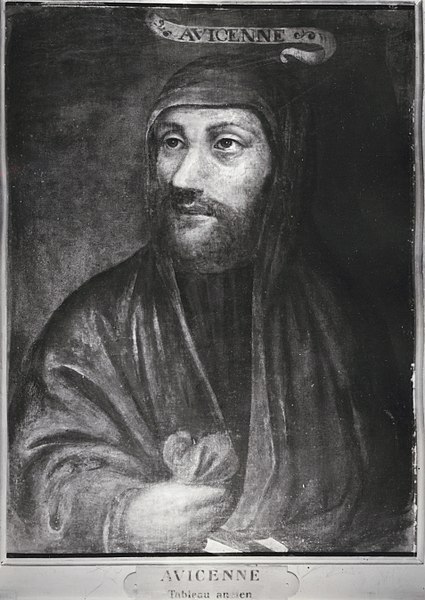Alfred North Whitehead was an English mathematician and philosopher. He created the philosophical school known as process philosophy, which has been applied in a wide variety of disciplines, including ecology, theology, education, physics, biology, economics, and psychology.
Whitehead c. 1924
Whewell's Court north range at Trinity College, Cambridge. Whitehead spent thirty years at Trinity, five as a student and twenty-five as a senior lecturer.
Bertrand Russell in 1907. Russell was a student of Whitehead's at Trinity College, and a longtime collaborator and friend.
The title page of the shortened version of the Principia Mathematica to *56
Logic is the study of correct reasoning. It includes both formal and informal logic. Formal logic is the study of deductively valid inferences or logical truths. It examines how conclusions follow from premises due to the structure of arguments alone, independent of their topic and content. Informal logic is associated with informal fallacies, critical thinking, and argumentation theory. It examines arguments expressed in natural language while formal logic uses formal language. When used as a countable noun, the term "a logic" refers to a logical formal system that articulates a proof system. Logic plays a central role in many fields, such as philosophy, mathematics, computer science, and linguistics.
Young America's dilemma: Shall I be wise and great, or rich and powerful? (poster from 1901) This is an example of a false dilemma: an informal fallacy using a disjunctive premise that excludes viable alternatives.
Bertrand Russell made various contributions to mathematical logic.
Image: Aristotle Altemps Inv 8575
Image: Avicenne Avicenna Ibn Sina (980 1037) CIPB2067








